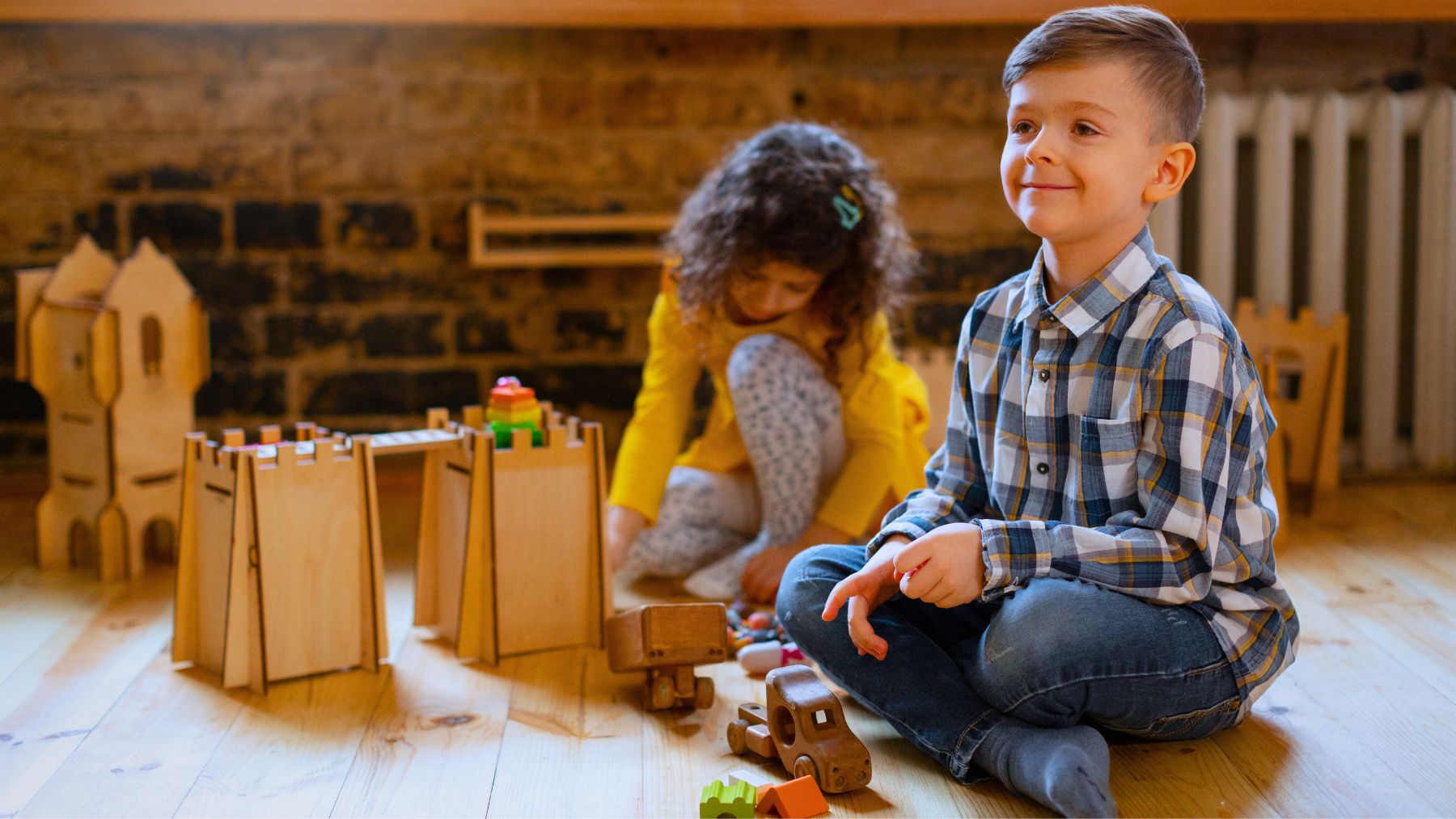You might be surprised to discover that one of the simplest methods for nurturing your child’s logical thinking does not depend on flashy apps or intricate puzzles: it invites engagement with mazes.
In the following sections, we’ll examine how mazes can enhance reasoning skills in children aged 5 and above. We’ll explore how these engaging games stimulate brain function and present practical strategies to integrate them into their daily play. Let’s get started.
How mazes boos logical thinking for children
Mazes are path-finding puzzles that challenge children to navigate from a starting point to a designated finish. This activity stimulates the brain by fostering critical analysis and creative problem-solving.
As a child traces different routes, they learn to anticipate outcomes, with reasonings such as, “If I turn left here, will I hit a dead end?”. This embodies logical thinking in action, with testing hypotheses and adjusting strategies as central tasks that can lead to effective learning.
For younger children (5-7), engaging with mazes cultivates fundamental planning skills and spatial awareness. The physical act of tracing lines enhances hand-eye coordination, which supports activities such as writing and drawing. As they mature, older kids (8+) can benefit from progressively challenging mazes that require strategizing multiple steps ahead.
Adolescents can navigate intricate designs, building patience and honing systematic problem-solving abilities. Unlike rigid games, mazes adapt fluidly to any skill level, with each wrong turn serving as a mini-lesson in cause and effect that makes abstract reasoning feel like enjoyable play.
Making this hobby work for your child
Incorporating mazes into your child’s routine is simpler than you might imagine. Consider the following tips:
- Paper and pencil basics: Secure engaging activity books or download free printables. Keep a stack available in the car or on the dinner table, and encourage your child to use a pencil to erase mistakes, reinforcing that backtracking is a natural part of the learning process.
- 3D maze adventures: Create interactive floor mazes using painter’s tape. Invite your child to walk through them or guide a toy car along the winding path. Enhance the challenge by adding obstacles such as pillows, which foster innovative problem-solving and physical coordination.
- Digital options (use sparingly): Explore well-designed apps such as Busy Shapes or Maze Control to offer interactive experiences. Set a 10-minute limit to ensure that screen time remains intentional and focused.
- Create-your-own mazes: Occasionally reverse roles by challenging your child to design a maze for you. This exercise promotes planning and foresight as they draw out intricate pathways. Incorporate exciting themes of their interest, such as dinosaurs or space, to spark their creativity and enthusiasm.
The goal of engaging with mazes is not to allow children to experiment, encounter obstacles, and find their own paths. A frustrating dead end teaches persistence, while a successfully solved maze boosts confidence.
Mazes evolve alongside your child’s abilities, offering subtle brain training in a playful context. No expensive tools or undue pressure are required, just a pencil, paper, and curiosity. Begin with simple challenges, celebrate each small victory, and watch as their cognitive skills unfold progressively.
